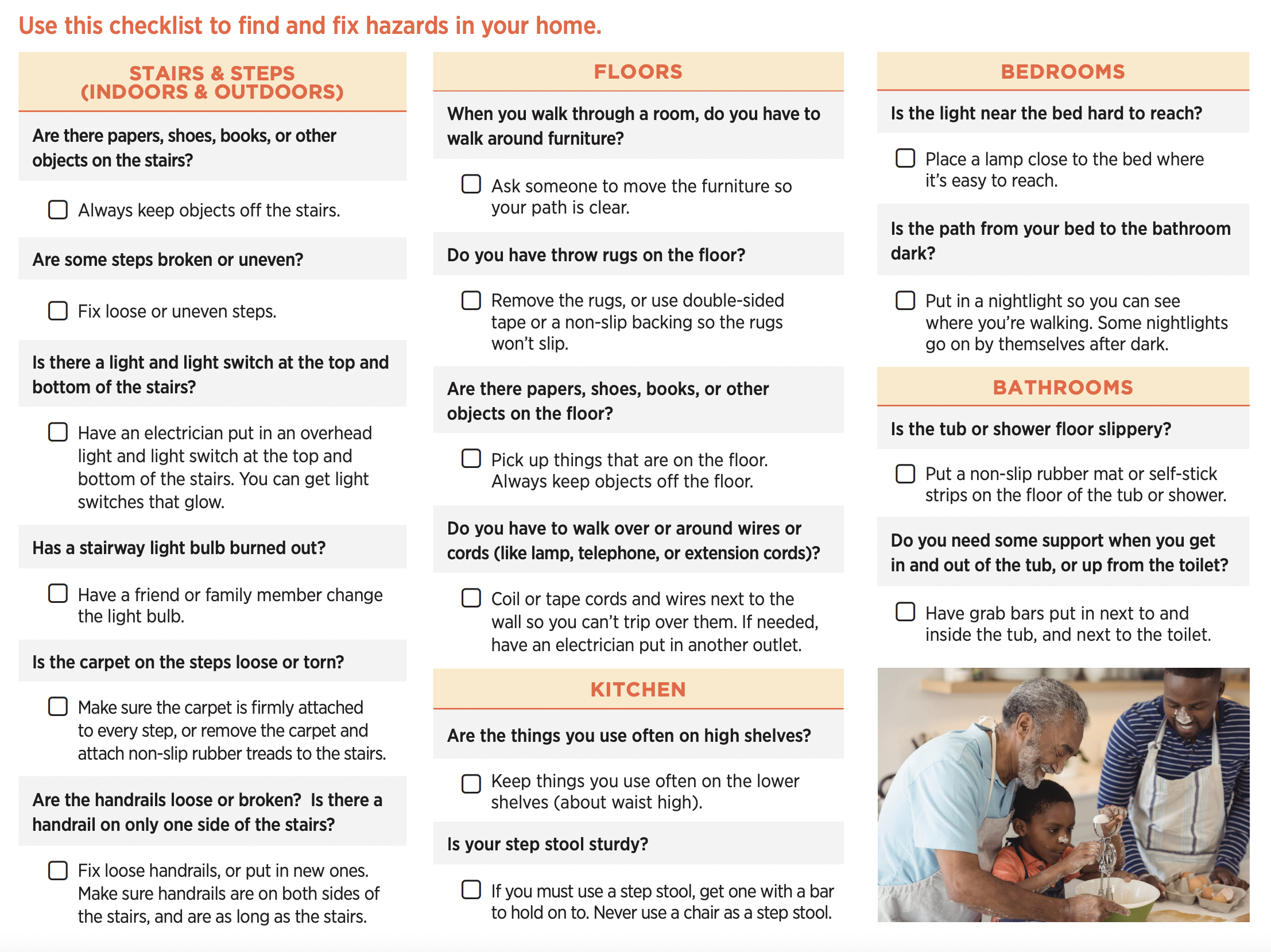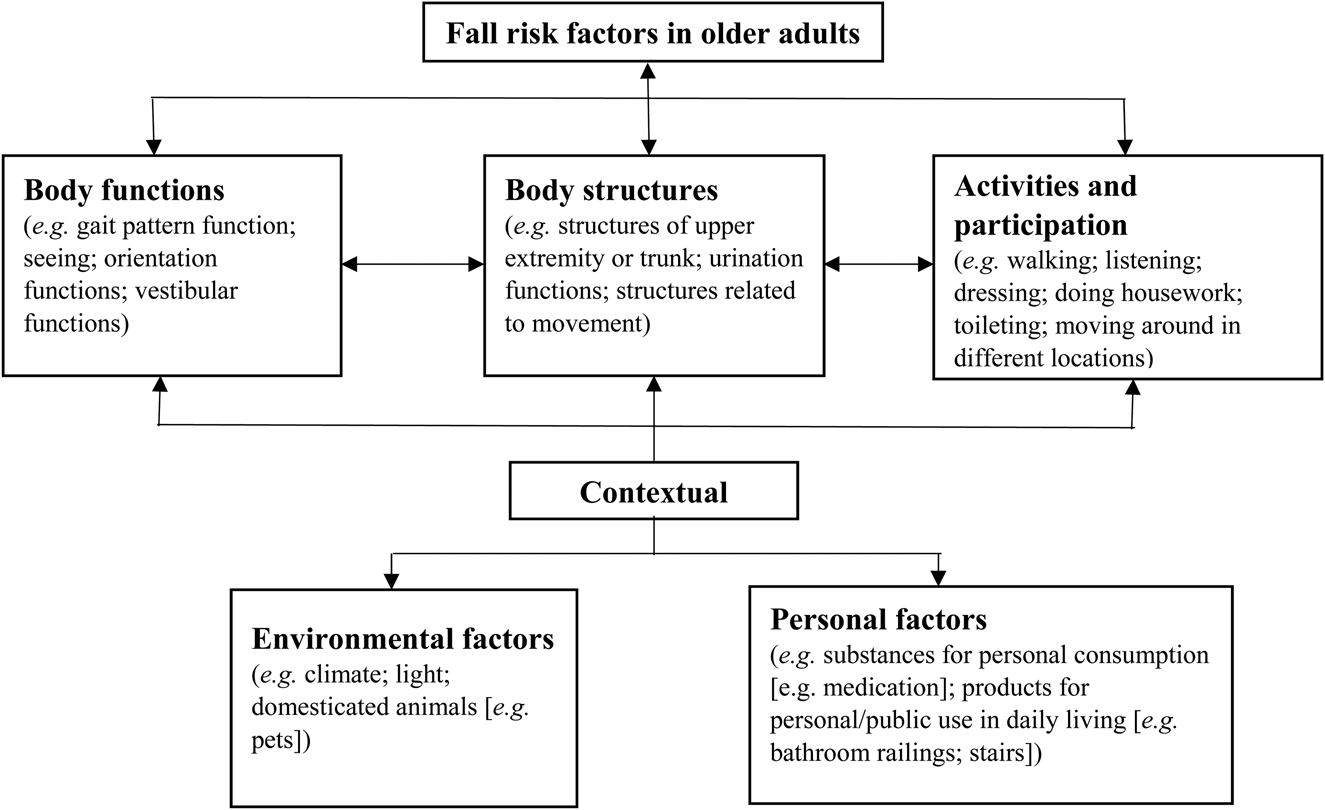All about Dementia Fall Risk
All about Dementia Fall Risk
Blog Article
Dementia Fall Risk - The Facts
Table of ContentsDementia Fall Risk for DummiesThe Ultimate Guide To Dementia Fall RiskDementia Fall Risk Can Be Fun For AnyoneThe Greatest Guide To Dementia Fall RiskThe Only Guide for Dementia Fall Risk
The FRAT has three areas: drop danger standing, threat variable list, and activity strategy. A Loss Danger Standing includes information about background of recent falls, medications, emotional and cognitive standing of the person - Dementia Fall Risk.If the individual scores on a risk variable, the equivalent number of points are counted to the individual's autumn danger rating in the box to the much. If a patient's loss danger score totals 5 or higher, the individual is at high risk for drops. If the person ratings just 4 factors or reduced, they are still at some threat of falling, and the nurse must use their ideal professional analysis to take care of all loss risk factors as part of a holistic treatment strategy.
These conventional strategies, in basic, help establish a safe environment that reduces unintentional falls and defines core precautionary measures for all patients. Indications are important for clients at danger for falls.
Dementia Fall Risk Things To Know Before You Get This
Wristbands need to include the person's last and first name, date of birth, and NHS number in the UK. Information should be printed/written in black against a white background. Just red shade must be made use of to signal special person status. These suggestions follow present developments in client recognition (Sevdalis et al., 2009).
Products that are also far may require the person to get to out or ambulate unnecessarily and can possibly be a risk or add to falls. Assists prevent the patient from heading out of bed with no assistance. Registered nurses respond to fallers' phone call lights a lot more promptly than they do to lights launched by non-fallers.
Aesthetic disability can considerably trigger falls. Maintaining the beds closer to the flooring decreases the risk of drops and significant injury. Positioning the cushion on the flooring dramatically reduces autumn risk in some health care setups.
Dementia Fall Risk for Dummies
Patients who are high and with weak leg muscle mass that try to remain on the bed from a standing position are most likely to fall onto the bed because it's also low for them to reduce themselves safely. Additionally, if a tall patient efforts to get up from a reduced bed without aid, the client is likely to fall back down onto the bed or miss the bed and drop onto the floor.
They're designed to promote prompt rescue, not to stop drops from bed. Audible alarms can also advise the patient not to rise alone. Making use of alarm systems can additionally be a substitute for physical restrictions. Besides bed alarm systems, enhanced guidance for risky clients additionally may help stop falls.

People with a shuffling stride boost loss possibilities dramatically. To reduce loss danger, footwear should be with a little to no heel, slim soles with slip-resistant tread, and support the ankle joints. Recommend individual to make use of nonskid socks to protect against the feet from sliding upon standing. Motivate people to use suitable, well-fitting shoesnot nonskid socks for ambulation.
Dementia Fall Risk Things To Know Before You Get This
In a research, homes with appropriate lighting report less drops (Ramulu et al., 2021). Enhancement in lights at home may lower loss prices in older grownups.

Sitters are efficient for ensuring a secure, secured, and risk-free atmosphere. Studies demonstrated extremely low-certainty proof that sitters lower loss threat in severe care healthcare facilities and just moderate-certainty that options like video monitoring can reduce sitter use without enhancing autumn danger, recommending that caretakers are not as helpful as originally thought (Greely et al., 2020).
Not known Details About Dementia Fall Risk

Enhanced physical conditioning decreases the threat for drops and restricts injury that is received when loss takes place. Land and water-based workout programs might be in a similar way helpful on balance and gait and therefore lower the danger for drops. Water workout might contribute a favorable advantage on balance and gait for ladies 65 years and older.
Chair Rise Workout is a simple sit-to-stand workout that assists image source strengthen the muscle mass in the thighs and buttocks and enhances flexibility and freedom. The goal is to do discover this Chair Increase workouts without making use of hands as the customer becomes more powerful. See resources section for a comprehensive instruction on exactly how to perform Chair Increase workout.
Report this page